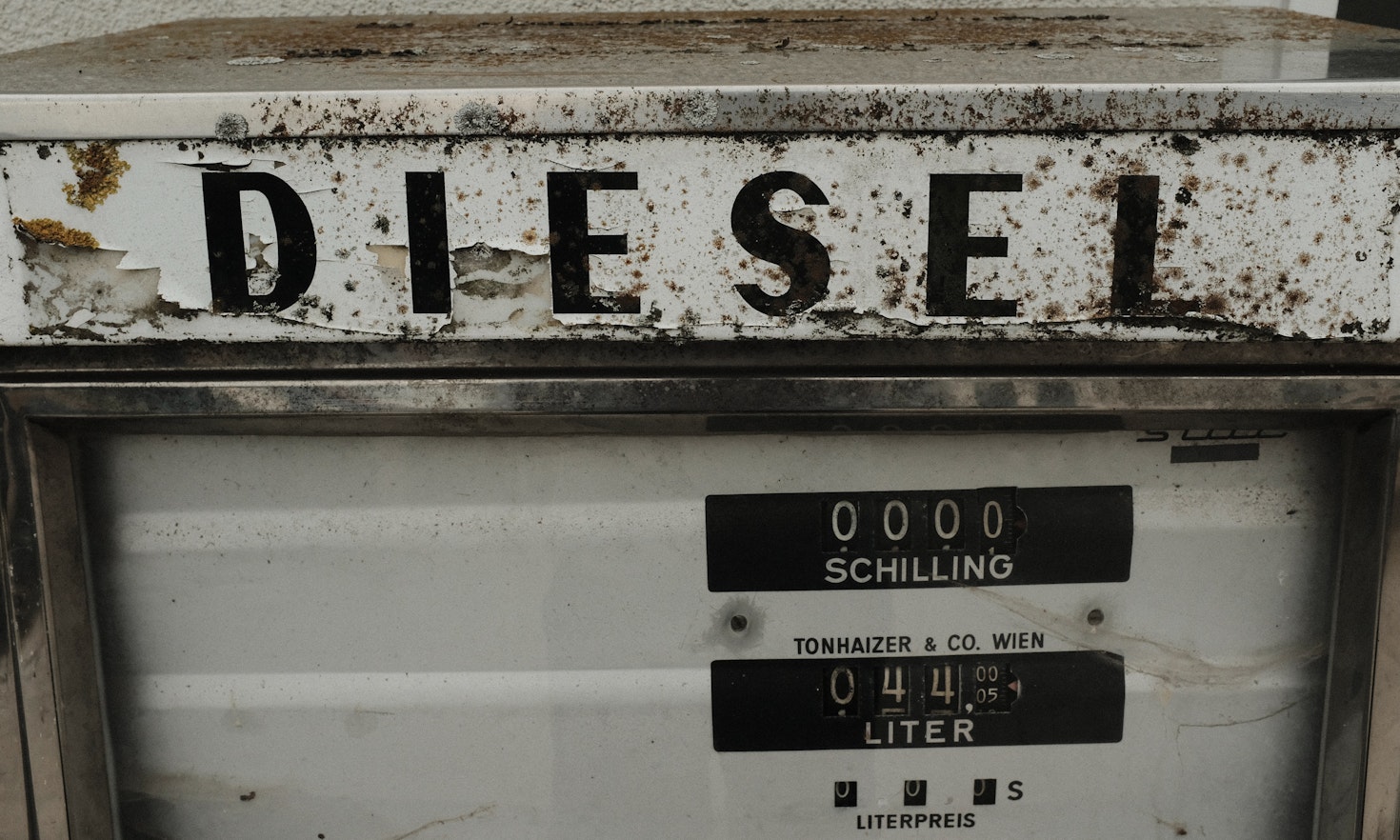
Advancing European Disability Law
 Delia Ferri
Delia Ferri
Since late February 2020, Covid-19 has been challenging the European Union: restrictions, lockdowns and other restrictions have caused a new economic crisis, one whose consequences cannot be completely understood. However, the European Union has taken action against the pandemic. First of all, conditions that may allow Member States to financially sustain their national companies have been identified 1 as an exception to the general prohibition of State aid2; moreover, the EU extended its Own Resources system, to be used to support the economy. In July 2020, the European Council reached an agreement about the “Next Generation EU” system, which allocates 750 billion euros to be used in order to support Member States and to drive them out of the crisis. The “Next Generation EU” project is based on three main pillars: supporting Member States with investments and reforms, kick-starting the EU economy by incentivising private investments, and “addressing the lessons of the crisis”, an enhancement plan of the fields which have been hardest hit, such as the health system and the Civil Protection sector.
What matters here is that each pillar is based on the green transition. The purpose of the changeover requires a sustainable economy that cannot be achieved without a “green” fiscal reform. The reform focuses on three different “steps”: a European carbon tax, the introduction of ecotaxes in each Member State, and the contextual reduction of environmental tax benefits. It is well known that a uniform carbon tax in the EU would help to attain the objectives of the Paris Agreement; moreover, the revenue it would generate would increase the Own Resources system with which the EU finances grants and loans for its Member States. National ecotaxes are also needed, in order to discourage polluting activities. Regarding tax benefits, a large number of them are subsidies which are harmful to the environment as they encourage the use of fossil fuels. For example, Italian tax laws provide that rates on diesel are lower than the rates on gasoline, which increases fuel consumption. Tax laws also provide that tax exemptions and reductions are applied on various means of transport; those benefits are not due to a lower environmental impact of the fuels, but instead they depend on the use of the vehicle (for example, taxi, armed forces’ vehicles). The loss of revenue associated to such causes is estimated at approximately 5.154,00 million euros.
Therefore, the implementation of a green tax reform must be complemented by a different policy on public transportation. Otherwise, no reductions to the polluting emissions would ensue and the only consequence of the fiscal reform would be the imposition of higher costs on those who rely on using cars to travel.
Finally, the interventions on public transportation costs should not be paid by Member States: since they are fully part of the “green transition” they should be covered by the “Next Generation EU” funds. In the case of Italy, EU funds could be channelled to i) encouraging ridesharing, in order to incentivise private vehicle replacement3; ii) financing alternative means of public transport. The use of rolling stocks powered by electricity, such as trams, could be an adequate solution: the fleet already in circulation would need to be adapted to modern technologies, more sustainable than the existing ones4, and the number of circulating vehicles should be increased, since the trams available are too few to satisfy all passenger needs 5.
[1] The first temporary framework was introduced March 19th, 2020 (Temporary Framework for State aid measures to support the economy in the current COVID-19 outbreak, COM (2020) 1863 final); the currently applicable version is the result of five successive modifications, the most recent of which dates back to October 13th (C(2020) 2215 final , April 3rd 2020; (C(2020 3156 final), May 8th 2020; C 2020 4509, June 29th 2020; COM 2020/C 224/02, July 2nd 2020; Comunicazione C(2020) 7127, 13 ottobre 2020), changing the State aid guidelines in different market sectors in order to guarantee the Treaties’ applications during the crisis.
[2] Artt. 107-108-109, TFEU.
[3] According to ISTAT, in 2017 carsharing services were only available in 31 Italian cities (approximately 41 vehicles for every 100.000 inhabitants), while the bikesharing services were available in 56 Italian cities (approximately 13 bicycles per 10.000 inhabitants).
[4] In 1940, 45 Italian large cities had an urban tramway system, but 33 years later trams were only available in 4 of them (Turin, Milan, Rome and Naples). In 21 medium cities, we only find a tramway in 6 cases (Florence, Messina, Venice, Trieste, Cagliari, Padua), none of which is innovated according to new technologies (s.c. “catenary free”). Actually, the new tramways “catenary free” are mainly applied in Spain and France; its strengths are: • reduction of the environmental impact • greater possibility of overcoming obstacles • better circulation in adverse weather conditions • energy saving up to 20%.
[5] According to ISTAT, in 2017 circulating trams were 4,9 per 100.000 inhabitants, but the demand of tram transport amounts 2.000/10.000 passengers per hour.

This content is licensed under a Creative Commons Attribution 4.0 International license.